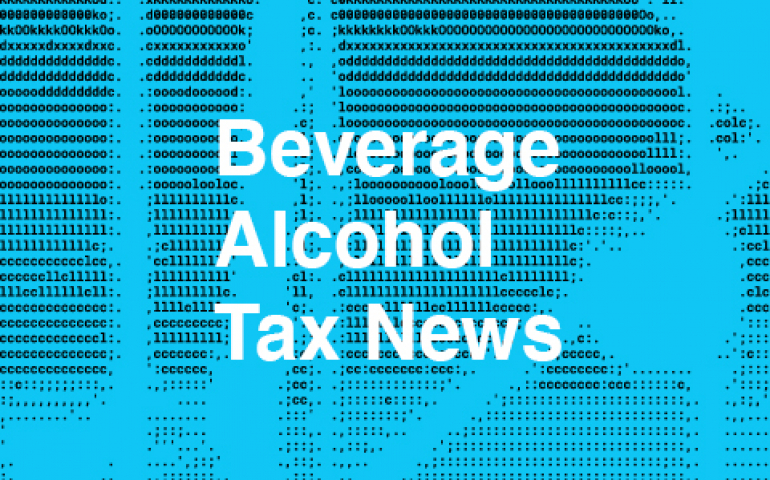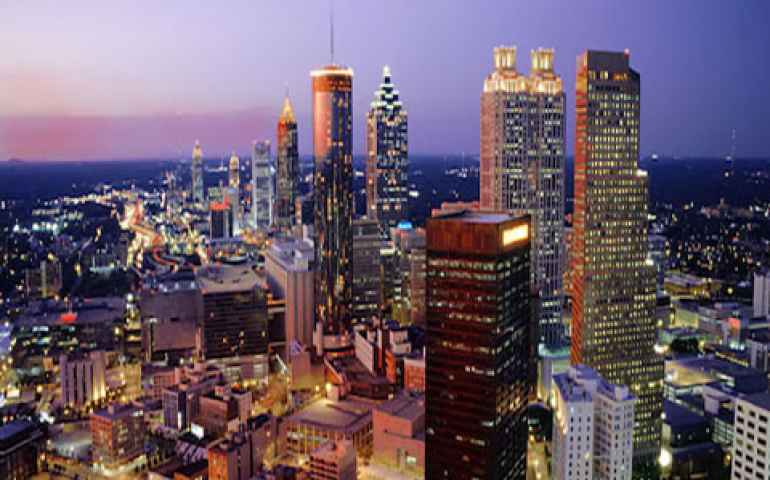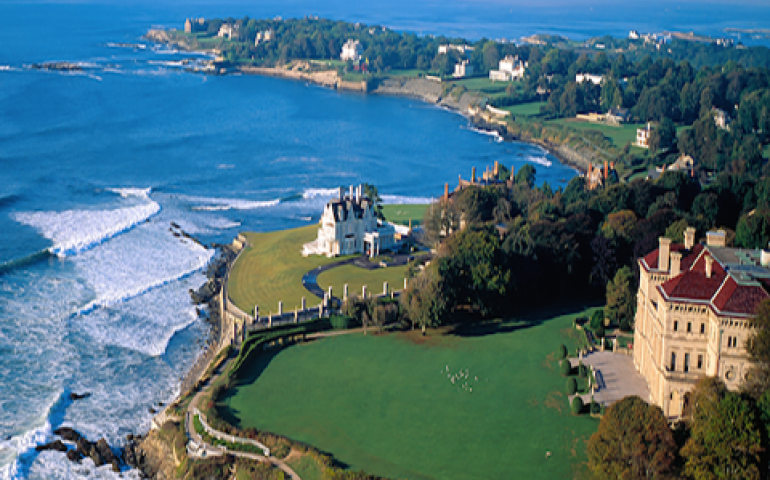Alcohol Illicit Trade
Illicit trade in alcohol refers to the production, distribution, sale, or smuggling of alcohol products violating applicable laws and regulations. The illegal production and distribution of alcohol can lead to social and economic harm, including lost tax revenue, public health issues, and organized crime. In the United States, the Alcohol and Tobacco Tax and Trade Bureau (TTB) is the federal agency responsible for enforcing laws related to the production and distribution of alcohol.
Illicit trade in alcohol can take many forms. One common type of illicit trade is the production and sale of counterfeit alcohol products. Counterfeit alcohol is typically produced using low-quality ingredients and may contain dangerous contaminants such as methanol, which can cause serious health problems or even death. In addition, counterfeit alcohol products are often sold at lower prices than legitimate products, making them attractive to consumers.
Another type of illicit trade in alcohol is the smuggling of alcohol products across borders. Smuggled alcohol is typically brought into a country illegally to avoid paying import taxes or circumvent regulations on alcohol production and distribution. In addition, smuggled alcohol products are often sold on the black market, which can be challenging to trace and regulate.
In addition to the TTB, individual states have their own enforcement agencies responsible for enforcing state-level laws related to alcohol products and illicit trade. State-level enforcement efforts can include investigations, audits, compliance checks, and the implementation of licensing and permit requirements for alcohol sellers.
To combat illicit trade in alcohol, the TTB and states may collaborate on various enforcement activities. These activities can include joint operations and information sharing about the movement of alcohol products across state lines. The TTB and states may also work to raise public awareness about the dangers of counterfeit alcohol and other forms of illicit trade and to promote legal and responsible alcohol consumption.
Illicit trade in alcohol can take many forms, including producing and selling counterfeit products and smuggling alcohol products across borders. To combat the illicit trade of alcohol, federal and state-level agents may collaborate on enforcement activities and share information about the movement of alcohol products. By taking proactive measures to prevent and combat illicit trade in alcohol, regulators can help to protect public health and safety while preserving the integrity of the alcohol industry.






